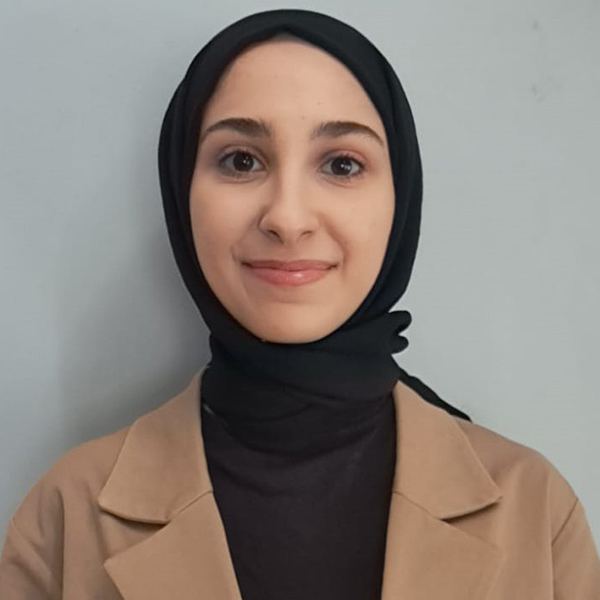Modeling of Degradation Kinetics in Photovoltaic Modules under Damp Heat Testing
Abstract
Photovoltaic (PV) system installations have grown significantly in recent years reaching almost 1 TW capacity worldwide; however, reliability and durability of PV modules and module materials during real-world service have to be ensured for safe and long-term operation. Encapsulant polymers have a critical role in PV modules as they provide optical coupling, mechanical stability, electrical insulation, and most importantly protection for solar cells and cell metallization against environmental factors. Ethylene-vinyl acetate (EVA) is the most widely used encapsulant polymer, but it is prone to hydrolysis forming acetic acid as a degradation byproduct which leads to corrosion of the cell metallization and delamination issues resulting in performance loss and reduced service lifetime. In the Solar ERA.Net project, PV40+, we aim to develop modules with at least 40 years of service lifetime with the use of glass/glass construction with alternative encapsulant polymers such as polyolefin elastomer (POE) and thermoplastic olefin (TPO) in order to minimize humidity driven degradation mechanisms. Due to lack of acetic acid formation and higher volume resistivity against potential induced degradation (PID), these encapsulants are expected to perform better than EVA. As the first step, test modules will be manufactured and exposed to extended weathering testing under the damp heat conditions (85°C/85%RH) for up to 5000 hours with longitudinal power data collection. In this work, we present an empirical kinetic modeling approach in order to determine the activation energies of damp-heat driven degradation in power performance. This modeling consists of non-linear exponential curve fitting technique with reduced standard errors. Once the activation energies are determined, they can be used to estimate the equivalent damp heat testing times for various locations for a targeted service lifetime of 40 years.
Biography
She received her bachelor’s degree from the Department of Chemical Engineering at Gebze Technical University in 2022. Currently, she is studying towards a Master of Science degree at the same department. She is working on the reliability and durability of photovoltaic solar energy modules.
